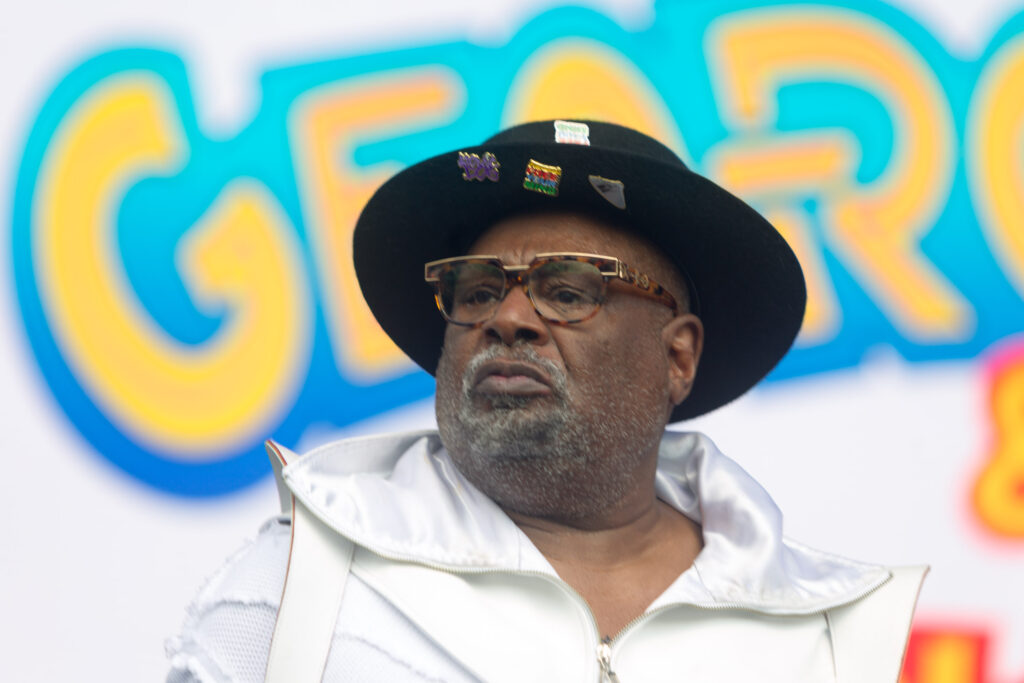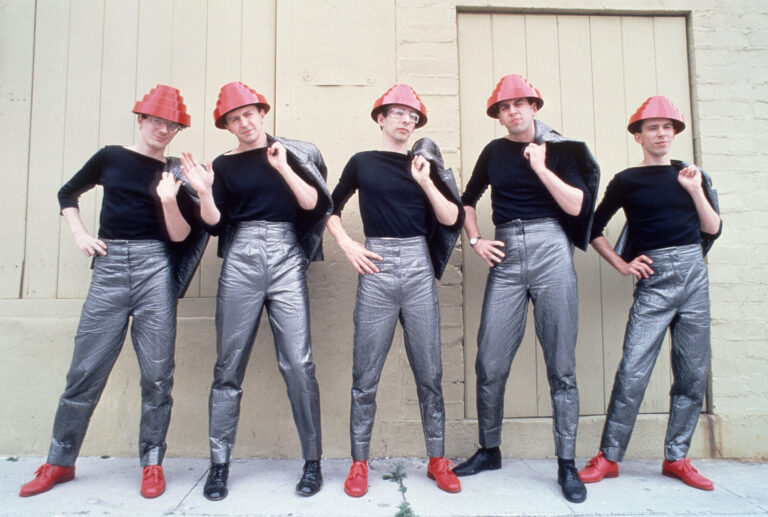
George Clinton Files Lawsuit Against Former Business Partner

Renowned funk musician George Clinton has initiated a $100 million lawsuit against his former business associate, Armen Boladian, and his company, Bridgeport Music. The lawsuit's casting stone acknowledges a long-standing conflict surrounding the ownership and royalties of Clinton's music catalog. This lawsuit, filed in a Florida federal court, alleges that Boladian and his affiliated companies orchestrated a fraudulent scheme to claim ownership of nearly 90% of Clinton's music rights. This intense legal confrontation stems from accusations that Boladian has systematically diminished Clinton's share in royalties by registering false songwriter names and manipulating contracts without Clinton's consent.
The lawsuit underscores that Clinton's music, including hits like “Atomic Dog” and “Flashlight,” has been covertly diluted in its royalty share, with claims pointing to Boladian's use of fabricated songwriter identities to reduce Clinton's earnings. Clinton argues that these fraudulent practices, escalated by fictitious signatory declarations and undisclosed terms in contracts, have deprived him of rightful royalties and ownership. Clinton asserts that Boladian's actions signify more than just a breach of business but represent a deliberate exploitation of talented Black artists deprived of fairly-earned credits and compensations.
Clinton’s allegations trace back to decades of partnership with Boladian, a relationship dating back to 1968. However, it ran into turmoil with Boladian's persistent legal pursuits against artists who sampled Clinton's music without proper royalties being allocated to Clinton. This has amounted to significant economic harm, according to Clinton, as Boladian’s companies have notorious reputations for aggressively pursuing copyright claims while withholding accountability for due royalties. The suit is not Clinton's first against Boladian; their legal skirmishes extend over decades, including a defamation lawsuit which Clinton successfully defended in 2021.
The charges Clinton brings forth extend beyond merely financial deceit. The lawsuit explores unethical dimensions, alleging that Boladian's actions have racial undertones. It positions Boladian as exploiting racial stereotypes to manipulate legal proceedings to his advantage, leveraging misconceptions about Black artists' competence in understanding complex legal and copyright dynamics. Clinton’s fight, as described in his press conference outside Apollo Theater with attorney Ben Crump, is to ensure that the injustices do not proliferate unchecked and that his legacy benefits future generations.
The legal complaint details multiple facets of exploitation, ranging from copyright infringement and fraud to civil theft and breach of fiduciary duty. Clinton's case exemplifies a crucial moment in the music industry where artists take a stand against corporate entities that legally and creatively suffocate them. This move is also seen as Clinton sealing his legacy for his family and future generations of artists who deserve rightful recognition and revenue from their creative efforts.













